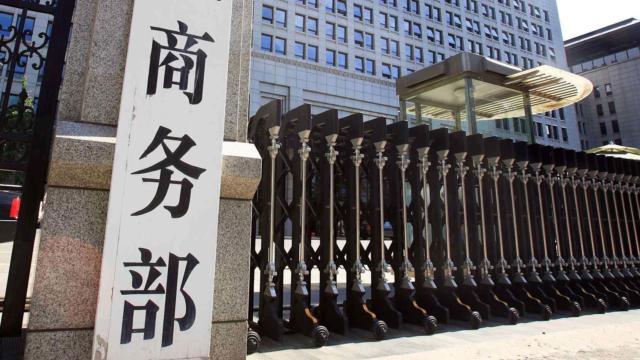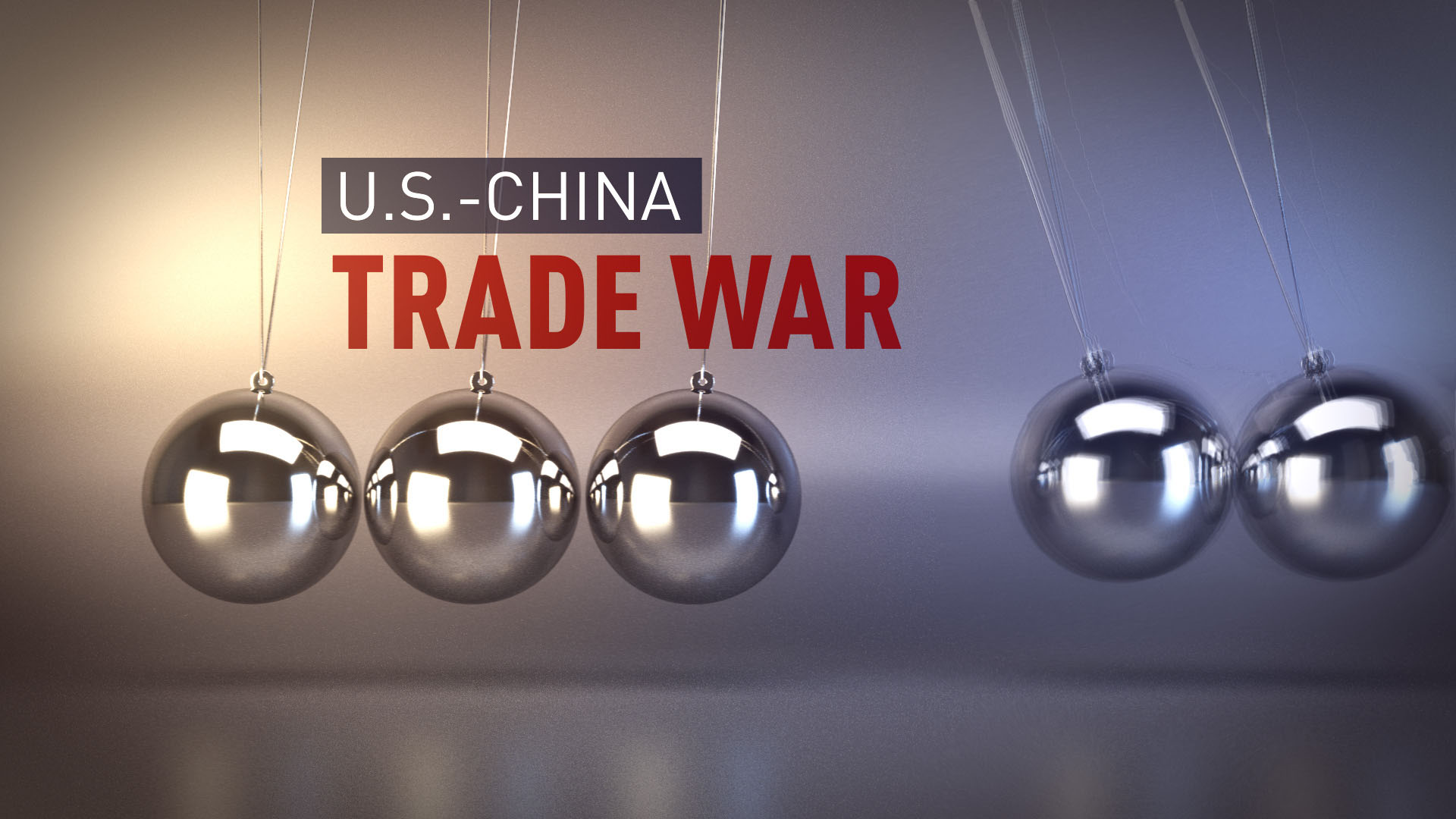China lodged an additional complaint with the World Trade Organization (WTO) on Monday over proposed U.S. tariffs on $200 billion based on a trade investigation against China under Section 301.
Foreign Ministry Spokesperson Hua Chunying said that the Ministry of Commerce issued a statement last week, refuting the U.S. distorted and untenable accusations on unfair trade with China.
She also raised three questions during the conference:
First, the U.S. is the main rule maker of global trade and the U.S. dollar is the main settlement currency. China, however, is a late comer in global trade and a recipient of the WTO rules. Does anyone believe that the rule maker makes rules that will benefit others instead of themselves?
Second, the scale of Sino-U.S. trade has increased by over 230 times in the past four decades. Last year, the total trade volume between the two was close to $600 billion U.S. dollars, which is in line with the economic rules and echoes the mutual benefit and win-win trade policy. Everyone knows that businessmen do business for the sole purpose of making profits and they don’t do business at a loss. Has the United States been doing a loss-making business with China for the past 40 years?
Third, China has become the largest trading partner of over 120 countries and regions, and is the fastest growing export market, attracting the most foreign investment in the world. Last year, China ranked the second on the list of attracting foreign investment. In the first half of this year, China’s newly established foreign-invested enterprises increased by 96.6 percent year-on-year. Will all those countries continue to do business with China knowing there will be a loss?
“I want to point out that trade imbalances does not mean unfairness. Fairness depends on everyone’s negotiation to formulate international rules. Self-speaking, formulating standards according to their own interests and even taking advantage of their own interests at the expense of other countries interests benefit no one.”
In today’s era when countries are interdependent, protectionism cannot protect itself, and unilateralism will only harm others, Hua said.
What is the WTO and how does it work?
The World Trade Organization — WTO — was created over two decades ago to create a set of rules and regulations for international trade. So, what happens when those rules are circumvented? CGTN’s Yasmeen Alimiri explains.
 CGTN America
CGTN America China Ministry of Commerce
China Ministry of Commerce

